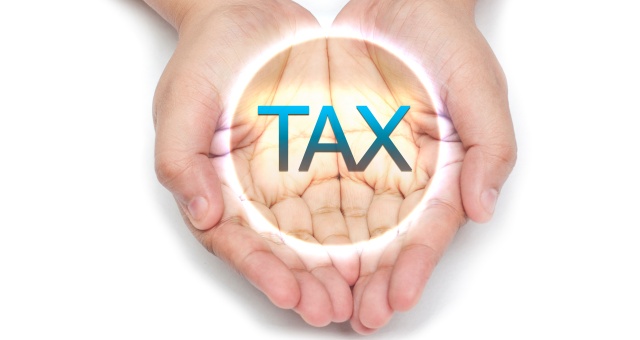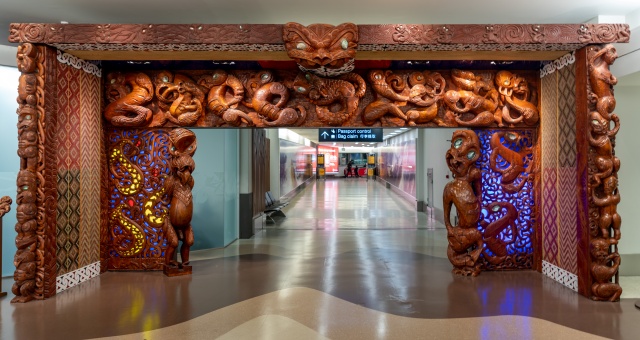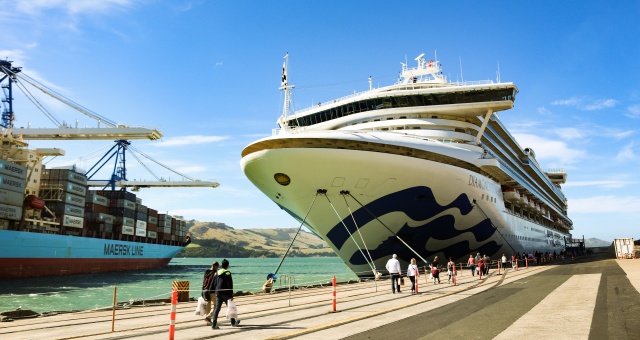Tourism Industry Aotearoa is urging the New Zealand Customs Service not to proceed with its review and proposed increase in the border levy incurred by travellers to enter the country, saying any moves to hike prices should not happen.
The review into the Border Processing Levy (BPL), which was introduced in 2016, is being undertaken in conjunction with the Ministry for Primary Industries (MPI) and is a charge paid by all travellers, including New Zealand citizens, to fund the operation of the country’s customs and biosecurity services.
Currently, the BPL is NZD$20.11 per person for arrivals by air and NZD$21.96 for arrivals by cruise ships and other sea transport, inclusive of GST. Since its introduction with the charge in 2016, this pricing structure has not met the operating costs of the department it intends to fund, with the NZ Government making up the difference each year.
According to a consultation document released by Customs and MPI, a number of options are on the table as part of the review, ranging from no change all the way up to a mammoth increase in the fee to an astonishing NZD$160.76 per air passenger and NZD$70.23 per person via sea, effective from 1 December 2021.
More moderate price increases are also tabled to allow the department to fully fund its operations from funds generated by the levy plus gradually pay back losses accrued over periods of one to six years.
Another proposal is for a delayed introduction in a new cost structure, with either levied travellers or taxpayers making up the shortfall incurred in between.
The New Zealand Government has outlined a policy objective for the Customs and Biosecurity services to be financially self-sufficient and not require topping up from taxpayers. Measures not considered in the proposal include reduced working hours of Customs or reducing the number of airports that accept international arrivals.
Tourism Industry Aotearoa CEO, Chris Roberts, said the limitations of the cost recovery model have been laid bare by COVID-19 as New Zealand’s borders were closed.
“With a 98% reduction in travellers, the levy income dried up to virtually nothing,” Roberts said.
“The Government has had to provide $186m to Customs and MPI to reduce the funding deficit incurred up to 30 June 2021.
“The Government has now directed the agencies to consult on options for a return to full recovery of border processing costs. It is quite simply too early to be doing this, with the future of global travel still so uncertain.”
Roberts said the possible addition of cost upon cost would “impose a significant handbrake” on the recovery of New Zealand’s visitor economy, suggesting instead that the fee needs to be left alone for the foreseeable future. If a cost increase was necessary, increases must be carefully stages to correlate with commensurate returns of international tourists over the next five years.
The Consultation Document can be read in full HERE.
Hotel Council Aotearoa Strategic Director, James Doolan, said the association supports the view of TIA that any review or increase in the border levy should be delayed until after international travel has recovered.
“All overseas and domestic travellers in New Zealand pay 15% GST on top of every purchase they make, including the cost of overnight accommodation,” Doolan said.
“New Zealand’s visitor economy is already fully taxed when compared with similar destinations overseas. There is an allocation and re-investment problem that must be solved.
Doolan said New Zealand’s tourism offerings are extraordinary and world-class however price competitiveness was also a critical factor and increases to air and cruise fares to pass on any amended border levy may send travellers elsewhere.
“Local councils and different central government ministries and agencies are constantly seeking new ways to impose increased costs, charges, levies and taxes on non-voting international tourists and overnight accommodation businesses.





